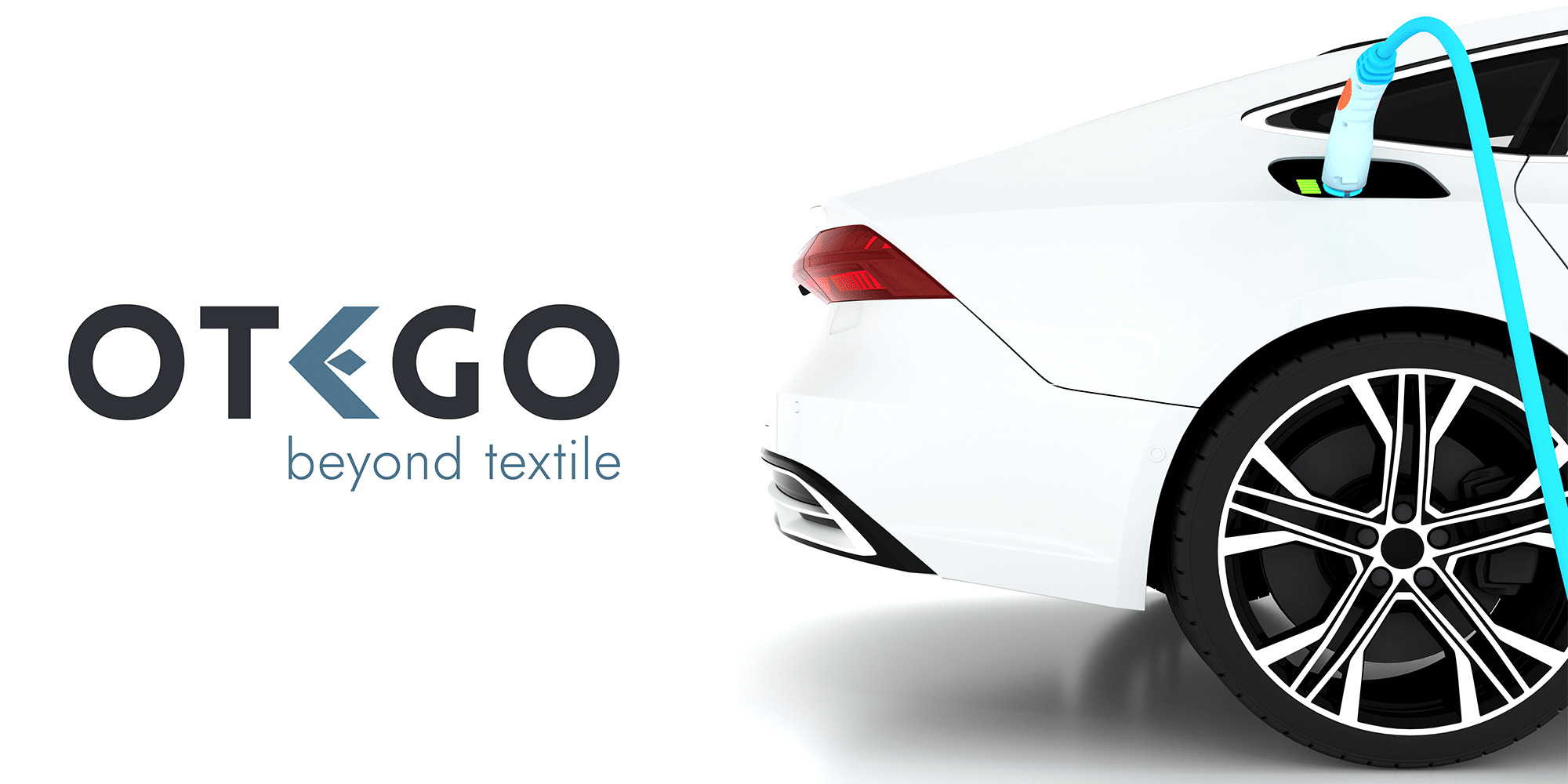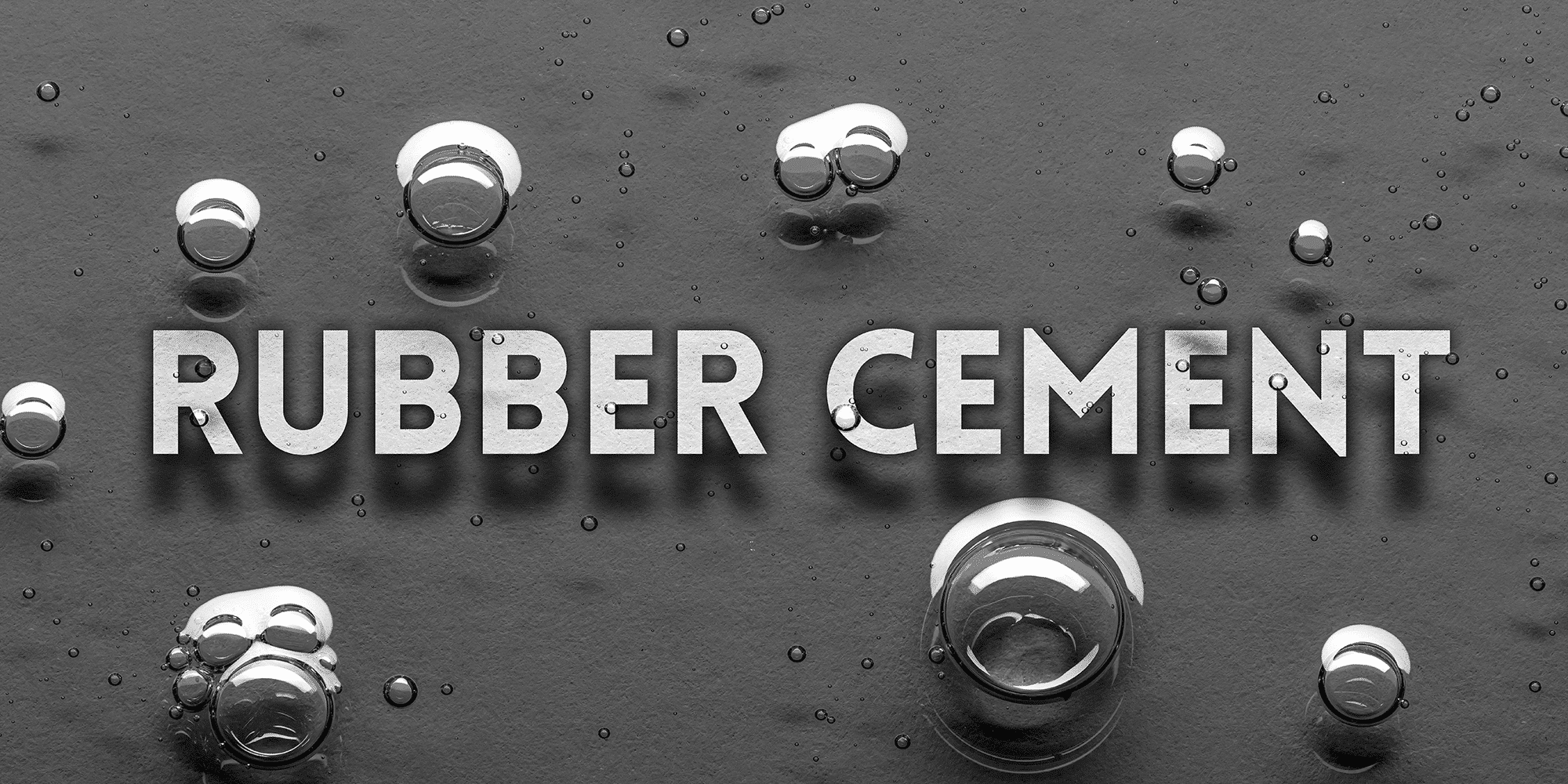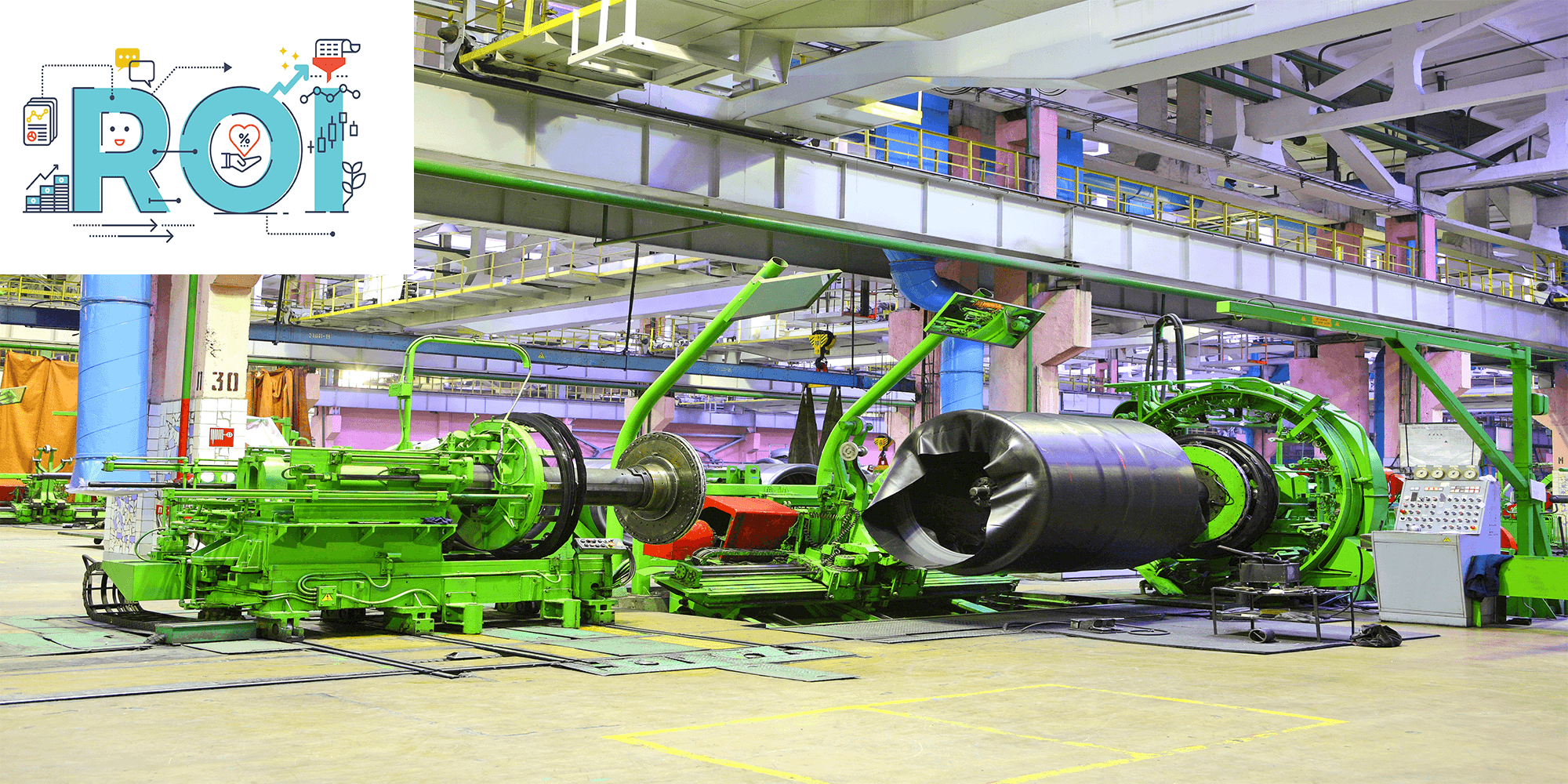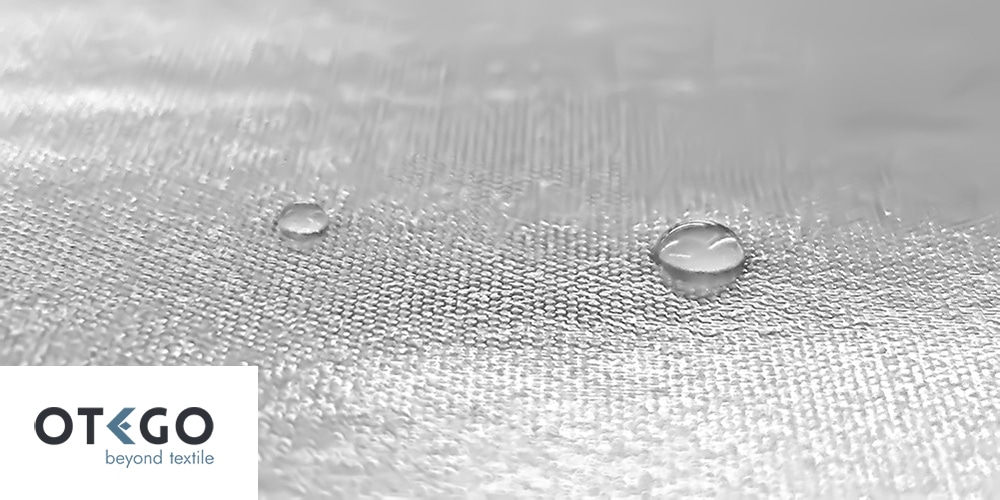1. What is rubber cement? Tire manufacturing is complex and requires different rubber parts to…

The Impact of Electric Vehicles on Tires
The electric vehicle market continues to grow year on year ever since it debuted globally in the early 2000s. Fast forward to the year 2019, there are now about 7.2 million people worldwide embracing a more sustainable and ecological approach to mobility by using an electric vehicle. With this current trend, it is evident that we will continue to see growth in the electric vehicle market in the years that will follow.
This trend is pushed even more with the fortifying support we are seeing from various governments and their furtherance to sustainability and environmental policies. In fact, in a bold and pioneering move, France was the first-ever country to sign into law a 100% zero-emission vehicles implementation, dictating a complete eradication of internal combustion engine vehicles by the year 2040.
Indeed the advent of electric vehicle technology is crucial to addressing many environmental issues such as air pollution and greenhouse gas emissions. No wonder many are embracing the transition to battery-powered electric vehicles as it comes with many benefits, holistically speaking.
Aside from all the honest-to-goodness outcomes and worldly benefits, this emergence of electric vehicles to the mainstream market also poses great impact to manufacturers. In comparison, electric vehicles come with unique requirements and components that manufacturers must meet, hence their need to adapt to the changes in accordance with the growing demand. According to a recent study, the one manufacturing sector that will be most affected by this growth is the tire materials and composition, consequently giving rise to a need for new tire solutions.
The Difference With Electric Vehicle Tires
What is it with electric vehicles and why must they be equipped with specific, specially made tires? Here are their unique aspects and corresponding relation to tires:
Weight vs. Drag
Because of the battery packs, electric cars are typically heavier than their similarly-sized combustion engine vehicle counterpart. On average, electric cars are 20-30% heavier, and this added weight means that the vehicle may take a longer time to stop. Being a major road safety concern, this signifies the need for high-quality tires that will securely equip the vehicle in various driving conditions such as slippery roads or wet surfaces.
A conventional solution for a heavier load would be to have bigger tires in order to create more grip, however, in the case of electric vehicles, bigger tires would mean more drag which equals lower energy efficiency. This is a challenge for tire engineers to come up with a tire design and composition that would not only retain the same ideal size but would also be able to handle higher loads and higher inflation pressure.
Low Rolling Resistance vs. Grip
By definition, rolling resistance is the force or effort that drags and resists the motion of an object as it rolls on a surface. Similar to a combustion engine vehicle, electric vehicles also require the lowest rolling resistance possible to maximize their stored energy. Simply put, the less effort the tires exert to roll, the less energy the car needs to move.
In the case of an electric vehicle, having low rolling resistance tires would mean prolonging the battery range as long as possible before the next recharge. This poses a challenge for manufacturers to develop low rolling resistance tires that are chemically structured in a way that will not sacrifice the equally important grip factor, whether in dry or wet road conditions.
With this, we expect more innovative solutions from tire manufacturers to reshape tire designs for electric vehicles that would not only maximize performance and range but would also address the concern with grip and safety.
Torque vs. Tread Wear
Another unique characteristic of an electric vehicle is its ability to create instantaneous torque. Torque measures the launching power of a vehicle from a stand-still point. The torque of electric vehicles is tremendously powerful in that it could instantly accelerate the moment you push on the pedal, despite its heavy weight. The combination of high torque and weight however could also mean increased pressure on the tires that would result in their faster wear and tear.
This bargain calls on manufacturers to fabricate a tread pattern technology and adjustments in their design that would increase the durability and lifespan of tires, usually through the use of special compounds or elevating its resistance to abrasions.

Smooth Drive vs. Noise
Electric vehicles do not generate as much engine noise and vibration in a way that gas-powered vehicles do. Most people probably wouldn’t notice the stark contrast until they get to drive an electric vehicle and see for themselves how smooth and incredibly quiet it is, compared to a combustion engine car.
Because of the absence of a typical gas-engine noise, driving an electric vehicle will naturally make other sounds from the vehicle movement more pronounced, most especially the vibration noise that comes from the tires. You’ll be surprised how much road noise a conventional tire can make when it is not masked by a loud engine.
A quiet electric vehicle must be paired with specific tires to reduce annoying road noise and vibration. Manufacturers of electric vehicles tires have specially designed tires equipped with layers of foam that help reduce tire cavity noise. The foam absorbs the vibrations from the road that transmits inside the car, creating a peaceful, comfortable ride.
These are only a few of the characteristics of electric vehicle tires. Taking these into account, manufacturing tires for such use involves careful planning, technical compromises, and specific yet oftentimes conflicting objectives. Many considerations are to be made in the tire design and composition to meet the unique requirements of an electric vehicle and to achieve a balance that will not compromise road safety, optimum performance, energy efficiency, and comfort.
The Future of Electric Vehicle Tires
It is evident that we will see incessant progress and changes in the tire industry as the advent of electric vehicles continues to grow worldwide. Clearly, the optimum performance of an electric vehicle is greatly affected by the quality of its tires, hence tire manufacturers must continue to develop rubber compound compositions to adapt to their unique set of requirements.
A recent study by Smithers’ identified notable changes in tire production that will be brought about by the emergence of electric vehicles and among those are:
-
- Tire durability will become a higher priority over other car performance factors
- Tires with reduced weight will be preferred for extended range
- Higher importance placement for low noise and comfort
- Advancement on “smart” tires with automated functions and sensors
Electric vehicle-dedicated tires are made of specific compounds and special fabrication methods, and it is exciting to see how these components will change and develop considering the growing shift towards more environmentally-friendly and sustainable materials.

Otego Liners For The Tire Industry
Otego is a world specialist in technical fabrics and we export our high quality products to more than 110 countries worldwide. Our technical expertise includes supplying release liner solutions to some of the world’s leading tire manufacturers in more than 40 countries around the world.
The tire manufacturers that we work with are among the most trusted and established brands in the tire market, providing a range of electric vehicle tires globally.
In Otego, we provide high-quality tire building components that promise the complete preservation of specific rubber profiles and compounds. Contact us and learn more about our Tire Industry products.


